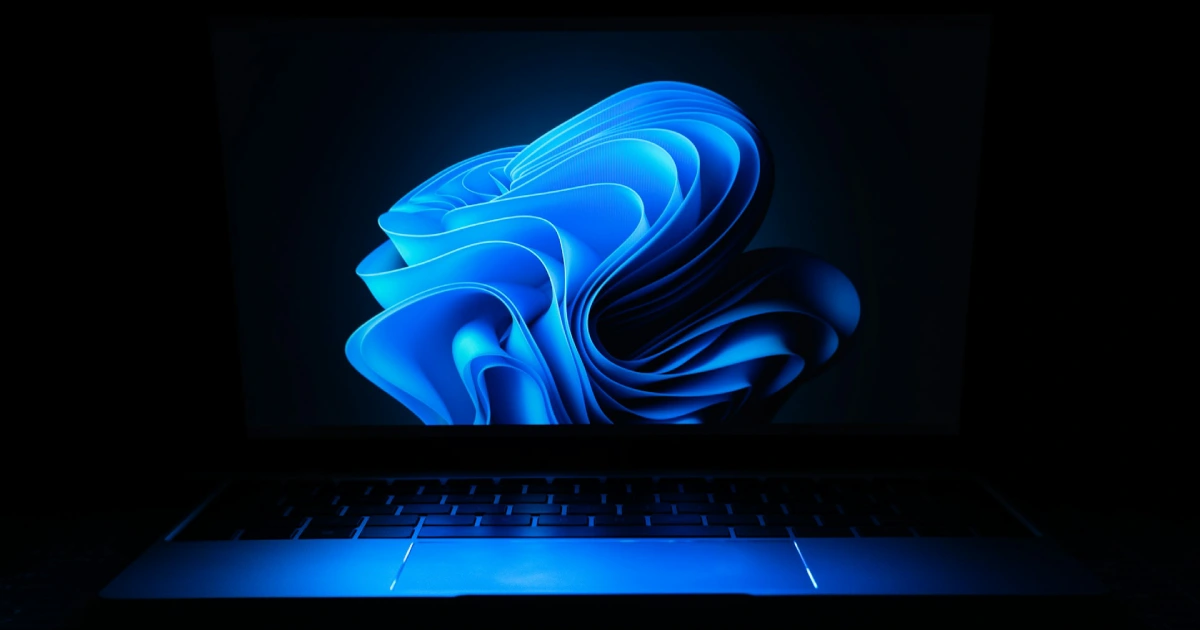
Windows 11 might soon be able to install updates without requiring a reboot
Windows 11 might soon be able to install updates without requiring a reboot, according to rumors and evidence found in a preview build.
Zac Bowden, a reliable source for Microsoft leaks, first spotted an interesting change in Windows 11 preview build 26058. Microsoft is pushing out updates to testers that do nothing and are simply designed to test the servicing pipeline for the upcoming 24H2 update.
The key detail is that users with Virtualization Based Security (VBS) enabled may not need to restart after installing the update. This method of delivering updates without a reboot, known as hot patching, is available in the 24H2 update later this year.
Bowden’s sources indicate that hot patching would be used for monthly cumulative updates, not the larger feature updates like 24H2. Additionally, not every cumulative update would be applied without a reboot, as hot patching relies on a baseline update that needs to be refreshed periodically.
While this is still speculation, Microsoft’s testing suggests they are exploring hot patching for Windows 11. This is a significant convenience for users, as it would eliminate the need for frequent reboots.
Bowden predicts that quarterly cumulative updates would require a reboot, followed by two hot-patched updates in between. This would mean a reboot in January, followed by two quick updates in February and March, then another reboot in April, and so on.
It’s important to note that annual updates and out-of-band security fixes would still require reboots, as they don’t rely on the baseline patch used for hot patching.
Overall, hot patching would be a welcome addition for Windows 11 users, as it would reduce the disruption caused by updates. While it may not be enough to convince everyone to upgrade from Windows 10, it’s another advantage to consider.






